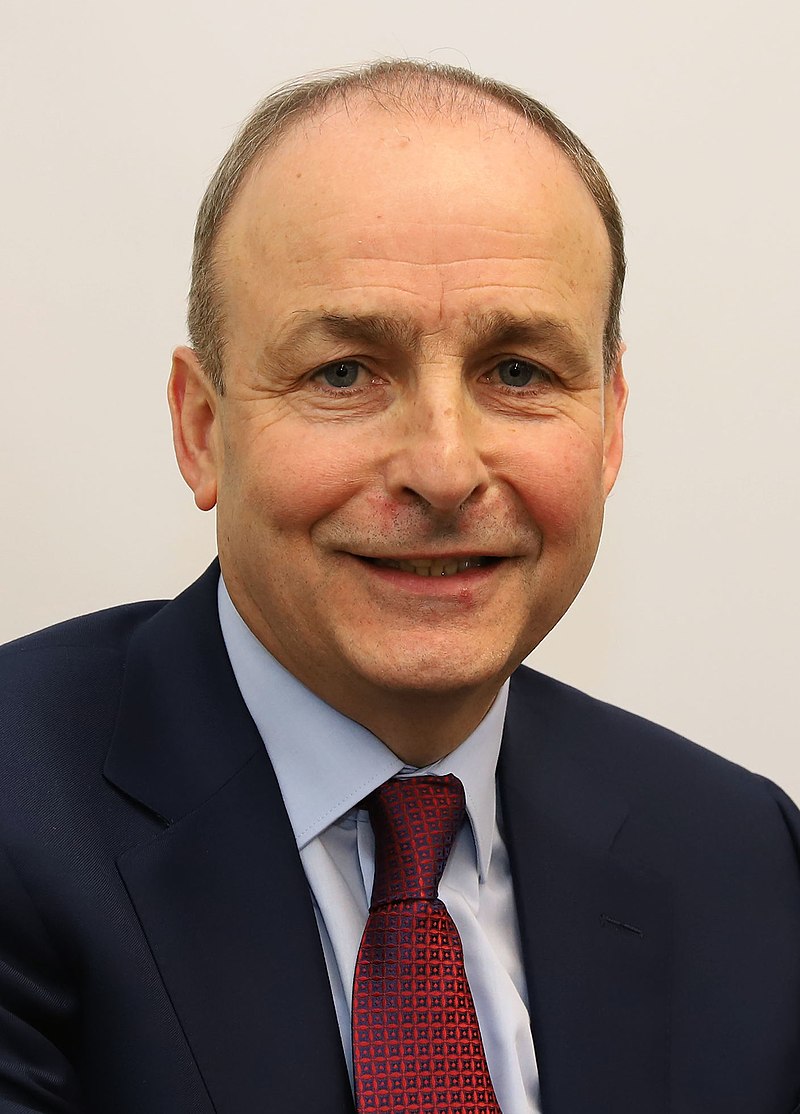
The U.S. Supreme Court has again ruled in favour of a Pentecostal church that was suing California over its covid-related worship restrictions, this time lifting a congregational ban on singing.
In an order Monday, the high court overturned a lower court ruling that had denied South Bay United Pentecostal Church injunctive relief from the pandemic restrictions on in-person worship instituted by Gov. Gavin Newsom—rules which have since been rescinded.
Earlier this month, California’s Department of Public Health changed the language on official capacity limits for worship services from “mandatory” to “strongly recommended.”
Last Friday, the Newsom administration lifted all restrictions on singing and chanting in church in anticipation of this ruling.
Thomas More Society Special Counsel Paul Jonna, partner at LiMandri & Jonna LLP, called the high court order the “final nail in the coffin” burying the Governor Newsom’s unconstitutional chokehold on California churches.
The April 26 order was the latest in a series of triumphs that the San Diego Church has been handed by the United States Supreme Court. On February 5, 2021, the court struck down California’s indoor worship ban. Following that decision and the ruling in Tandon v. Newsom (which forbid the state from enforcing COVID–19 restrictions on small group Bible studies and prayer meetings), on April 12, 2021, California announced that it abandoned all capacity limits on churches. On April 23, 2021, Newsom’s administration announced a lifting of all restrictions on congregational singing and chanting in church.

The criminalisation of public worship has been described as outrageous and indefensible and has been condemned totally by Aid to the Church in Need (Ireland).
“Ultimately there is no epidemiological, let alone moral, justification for this act, especially given that people can meet outdoors for other reasons. For example, Dublin zoo reopened on the 26th of April. The Taoiseach, Micheál Martin TD, visited the zoo on the day of the reopening”.
The spokesperson continued: “The right to practice one’s religion is upheld in the Irish Constitution and the UN Declaration of Human Rights, which the Irish Government has ratified. The government is in clear violation of this right. ACN calls on our supporters to pray that public worship in Ireland be reinstated. The right to practice one’s religion is a non-negotiable human right that must be immediately reinstated in Ireland”.

There is no way that abortion and other reproductive health procedures which the Government wants at the planned new national maternity hospital could be stopped or watered down due to any religious ethos, the Minister for Health has said.
Stephen Donnelly said no religious ethos could be imposed at the planned new hospital that would impact on services under any circumstances.
“That is an absolute red line,” he said.
His comments came after the company in charge of the hospital insisted it will be subject to a new constitution to reflect what is describes as ‘international best practice’ on medical ethics in all areas including abortion.
They were reacting after former Master of the NMH, Dr Peter Boylan, told the Irish Independent there were concerns the company would “have the same core values” as the Sisters of Charity which have transferred ownership of the new hospital to a new company.
Dr Boylan said if the company was to have “the same Catholic values” as the sisters he would be concerned there would be “no guarantee at all that they will do all the procedures forbidden by Catholicism”.

The most authoritative Catholic voice in Iraq has argued that the survival of Christianity there depends on the creation of a secular state where all forms of sectarianism are eradicated.
Cardinal Louis Raphael Sako, Patriarch of Babylon of the Chaldeans said his concern “is for peace, stability, and especially citizenship for all … to end this mentality of sectarianism, and this bad mentality of a lack of respect for non-Muslims”.
Sako, who leads Iraq’s largest Catholic community, said gestures promoting brotherhood among Christians and Muslims are important, but more needs to be done in the trenches.
“I think the only future for countries in the Middle East is to set up a secular regime, and to respect religion,” he said, insisting that “a secular regime doesn’t mean the opposite of religion,” but it would give equal standing to all Iraqis, regardless of their ethnic or religious affiliation.

Businessman Declan Ganley has called on the Irish Bishops to “open their churches” in defiance of lockdown after his constitutional case against the State in relation to the right to worship was delayed yet again.
His legal challenge to the ban on public worship was originally taken in November of last year. Over the last seven months, it has been repeatedly put back by the Courts, and has yet to receive a full hearing of the evidence. At a preliminary hearing this morning, the case was again put back for mention until May 18th.
Though not directly referencing the delay, Ganley took to twitter to express his frustration, seeming to imply that legal methods of resisting the ban were not bearing fruit. “This will not be resolved through the courts in a reasonable timeframe”.
Instead, he said the Irish Catholic Bishops should “order their parishes to reopen from this Saturday forward for the holding of Covid mitigated public worship, with priests & stewards as well as the congregants all aware we face possible arrest & prosecution”.

The Citizens’ Assembly has voted for radical change to the Constitution’s special protection for marriage.
99% of the members voted to affirm the proposition that the Constitution “protect private and family life, including forms of family life beyond the marital family”.
It was not specified how that would be done. Marriage currently enjoys special status compared with other families in recognition of its importance to children, but critics says it discriminates against other families even after the passage of same-sex marriage in 2015.
Currently, a whole section of Article 41 is dedicated to recognising and protecting the family without specifying any limits to how the institution is understood.
A separate section of the same article recognises and protects marriage, noting it as the institution “on which the Family is founded”.
The Assembly also voted to delete the clause that protects mothers from being forced to work outside the home.
It was proposed that it be replaced with a clause that would be genderless, and, instead of recognising the work of a mother in the upbringing of children, would be more general in recognising the work of carers, and not just in the home, but in the community also.

A Dublin congregation gave public worship to God in the Phoenix Park last Sunday despite the threat of criminal sanctions.
About 100 members of All-Nations Church gathered in the open air, and socially distanced, around the papal cross.
Gardai were present nearby but did not intervene.
The church’s pastor, John Ahern, told the congregation that that they were there to give worship to God, not to protest and that worship was a human right.
He questioned why their gathering should be criminalised while other people freely shopped.
He also said that Christianity is a face to face religion and he had not seen many of his congregation face to face for over a year.

The Taoiseach’s announcement of a possible easing of the blanket ban on public worship in May, subject to public health advice, means that the practice of the Christian religion remains effectively criminalised, according to the Pastor of Howth & Malahide Presbyterian Church.
Reaction elsewhere was more positive with the Catholic Archbishop of Armagh telling EWTN News in the US that the Taoiseach’s announcement came as “great news”.
The announcement followed numerous pleas from church leaders. In February, the Catholic Bishops had asked the Government to ease the ban on worship in time for Easter.
A week ago, Archbishop Martin told the Times Ireland he considered the latest change in covid law–a statutory instrument that confirmed public mass was a criminal offence—to be “formally enacting a potential infringement of religious freedom and of constitutional rights”, and he called for it to be suspended.
The following day, in a meeting with Minister for Health, Stephen Donnelly, he asked that the pastoral work of priests and other ministers be deemed “essential”.
Last week two different groupings of Evangelical churches asked for the prohibition to be ended.
The Taoiseach rebuffed these requests and instead re-iterated what he had already announced on March 30th—that an easing of restrictions would be considered in May.
In response, the Pastor of Howth & Malahide Presbyterian Church told Spirit Radio he didn’t know what comfort is meant to be derived from the Taoiseach’s announcement, “other than, I think a few more people are able to attend a funeral, from Monday. And they’re going to ‘consider’ reopening places of worship, because apparently they understand how important gathered worship is to people”.
Rev. Alastair Dunlop added: “But, the fact is this [past] Sunday in Dublin is week 44 of the church being effectively banned from practicing the Christian religion, and if we were to gather, safely, to do what we demonstrated over 14 weeks [last summer] that we can do safely, it would be a criminal offence, and that has not changed.”

The Taoiseach was wrong to say a recent change to covid laws did not target religious events, according to a professor of constitutional law at Trinity College Dublin.
Micheal Martin told the Dail Thursday that the latest criminal sanctions, introduced last week, for breaking covid restrictions covered all indoor events.
Oran Doyle however said the only gatherings affected by it are religious, and it catches both indoor and outdoor faith-events, even socially distanced hearing of confession.
He added that the convoluted wording of the ministerial order appeared to be an attempt to deliberately conceal its true purpose, which was to criminalise all religious events.
“But obfuscation a damning indictment of Gov’s respect for citizens’ autonomy. Suggests preference for vaguely articulating standards, then tricking citizens into compliance through calculated ambiguity about the dividing line between legal obligations and public health advice,” he added.

Gender neutral toilets in schools could lead to girls avoiding the restrooms or taking days off, according to a women’s group.
Laoise Uí Aodha de Brún of the grassroots human rights and advocacy group, ‘The Countess Didn’t Fight For This’ was reacting to Department of Education guidelines for new schools and retrofitting of older schools to install mixed sex toilets in secondary schools.
She told Liveline Thursday that gender neutral toilets could lead to girls not going to school due to “period shaming” or getting a UTI from holding their pee.
“Even in a single sex school I would be very nervous as a teenage girl having my period. This is not a progressive move on the Department of Education”.
“I believe it would impact on the privacy, the dignity and the safety of school children.”
Presenter Joe Duffy was forced to apologise to her on air after another contributor launched a string of insults and slurs at her.
Meanwhile, a radical feminist group has accused the Department of depriving school girls of a “sex-based right”.
Radicailín issued a statement saying: “The reason we have single sex spaces is to protect the privacy and safety of women and girls. The new School Design Guide proposals will deprive Ireland’s school girls of this sex-based right.”